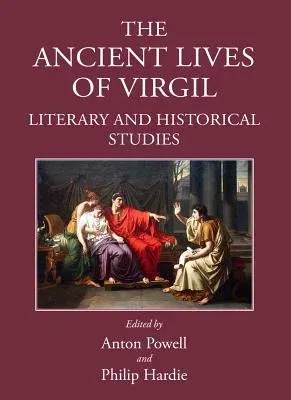The Ancient Lives of the poet Virgil, written in prose (and sometimes in
verse), have long enjoyed great, though controversial, influence. Modern
critics have often been scornful of these Lives, for trying to construct
biography of the poet from allegorical reading of his verse. Yet some
elements of the Lives are trusted, and quietly adopted as canonical,
most notably the dating of Virgil's death. Some vignettes in the Lives
have been cherished for their image of an emotive poet, as when Virgil,
by evoking in verse the premature death of Augustus' nephew Marcellus,
caused the young man's bereaved mother to faint. Less romantic detail
from the Lives, as of Virgil's privileged material circumstances at the
heart of the Augustan regime, has been less regarded. The present
volume, from a distinguished international team, aims to revalue the
Ancient Lives of Virgil from a variety of angles and in a variety of
scholarly genres. The allegory within the Lives is here studied for its
own sake, and shown to be part of a developed Graeco-Roman school of
interpretation. The literary character of the verse Life attributed to
Phocas is respectfully analysed. Certain political references within the
best-known prose Life, the `Suetonian-Donatan', are shown to be
apparently independent of allegory, and to be worth prospecting for new
information on the poet's personal history. And ideas of Virgil received
and developed with brio in the Middle Ages and the Renaissance are here
traced back to the Ancient Lives of the poet composed in Antiquity.

